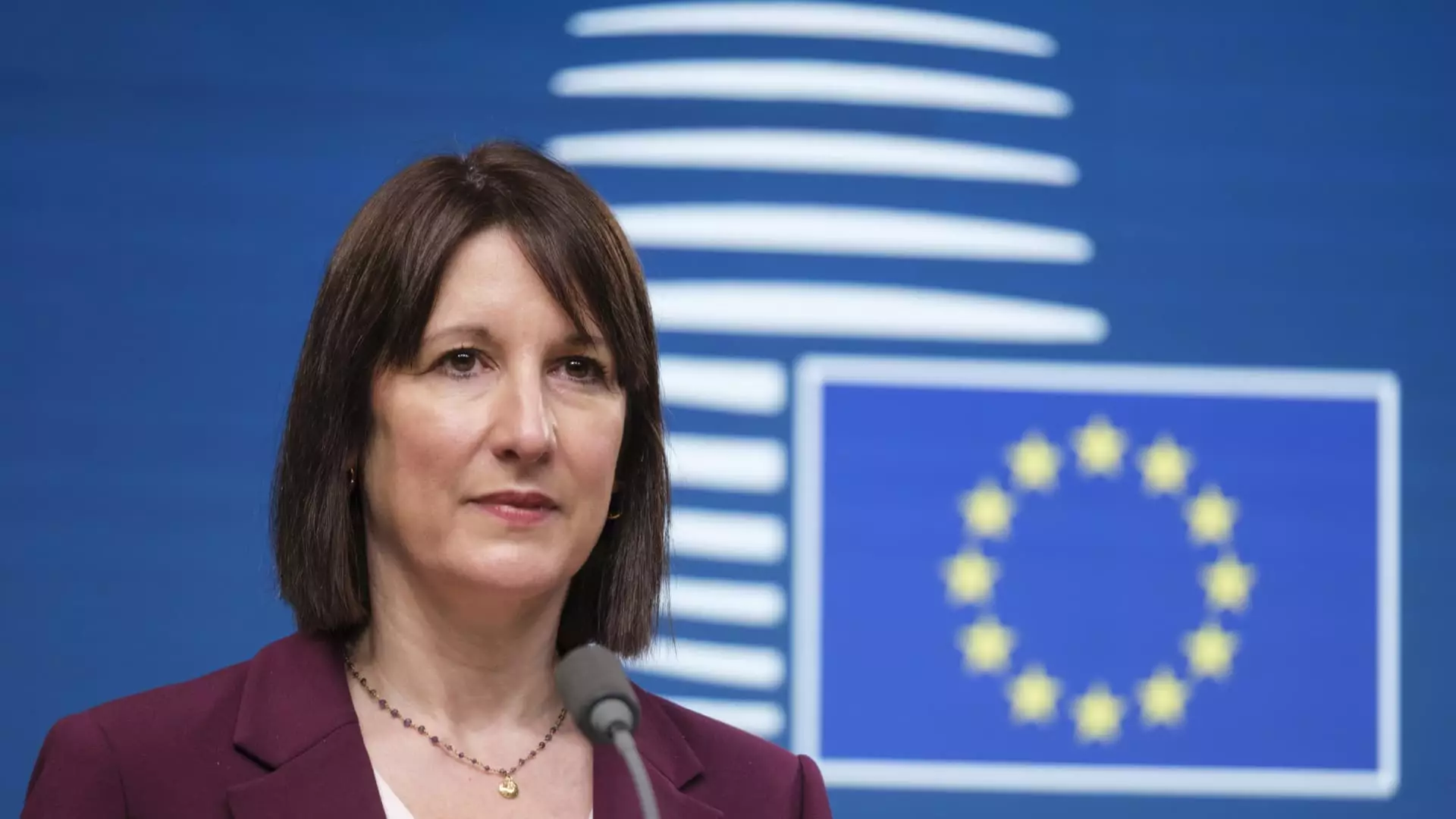In the wake of political transitions, the relationship between countries often undergoes significant shifts. As the world anticipates the incoming U.S. administration led by President-elect Donald Trump, the United Kingdom is stepping up efforts to forge a closer relationship with the European Union. This move occurs in a context of trade and defense uncertainties that could arise given Trump’s previously expressed intentions, particularly towards nations in Europe.
Chancellor Rachel Reeves’ recent visit to Brussels marks a pivotal moment in UK-EU relations, representing not just a continuation but a potential reinvention of ties strained by Brexit. This meeting was the first formal engagement between the UK and EU since Britain’s departure from the bloc in 2020, setting a tone for future collaboration, influenced by shared interests and geopolitical concerns. Undoubtedly, this collaboration is spurred by a perceived need to fortify economic partnerships and defend against unpredictable policy shifts from the United States.
The Chancellor’s meetings underscored a mutual recognition of the value of unity in the face of shared challenges, particularly in relation to the ongoing conflict in Ukraine, the rise of China, and the fluctuating internal dynamics of American foreign policy. The strategic discussions centered on three main themes: support for Ukraine, advocating for free trade, and enhancing economic ties between the UK and EU. Although specifics of these discussions remained confidential, the intent was clear: to establish a framework for ongoing cooperation, regardless of the upcoming U.S. administration’s influence.
The notion of a “special relationship” between the United Kingdom and the United States has often been touted in political discourse, particularly when it comes to international diplomacy. In light of Trump’s presidency, characterized by protectionist rhetoric and potential tariff implementations, EU diplomats are keen to reassess the implications of this relationship on European security and economic interests. A senior EU diplomat, speaking anonymously due to the sensitive nature of the discussions, suggested that a strong UK-EU relationship could serve as a critical counterweight to any overly aggressive U.S. policies.
This viewpoint emphasizes the necessity for the EU to recalibrate its approach toward the UK. Ignacio García Bercero, who has previously engaged in trade negotiations on behalf of the EU, expressed the need for strategic alignments that leverage the historical ties between the UK and the U.S. This alignment is deemed essential to present a unified front in discussions with Washington—one that reflects the interests of both Europe and the UK without further complicating their already delicate relationship.
The historical backdrop of the UK’s departure from the EU has been tumultuous and complex, creating scars that need mending. With the recent shift to a Labour government after years of Conservative leadership, there is an apparent desire to reset and rebuild trust. Chancellor Reeves’ assertion during her Brussels visit that she did not come to negotiate but rather to foster trust reflects a strategy of soft diplomacy aimed at healing the wounds inflicted by recent political events.
This rebuilding of relationships is critical not only for economic stability but also for geopolitical collaboration in a world poised on the brink of significant changes. The challenges of the past few years demand a concerted effort to move beyond contentious issues and toward a future where both entities can benefit from closer ties. The message is clear: while negotiations to alter exit agreements are off the table, the door remains open for dialogue that can lead to mutually beneficial relationships and a united front on issues that matter most.
As the dust settles following the recent political turmoils, the outcome of these renewed discussions between the UK and EU holds significant implications for both parties. The clarity in Chancellor Reeves’ messaging indicates a focus on collaboration rather than confrontation. Both parties must learn from their past and work toward a future defined by common interests and cooperative strategies.
The steps taken by the U.K. and the EU suggest a recognition that, in these unpredictable times, aligned goals can serve both entities well. The potential benefits of this partnership, particularly in light of uncertainty from the U.S., could pave the way for a robust diplomatic relationship solidified by economic prosperity and mutual security.

